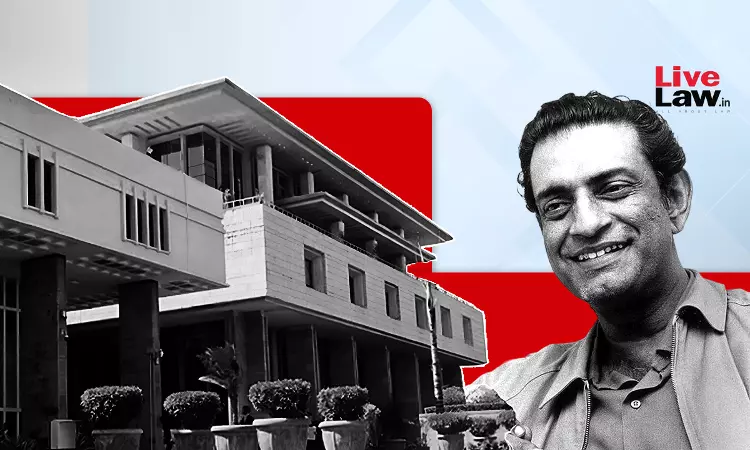The Delhi High Court has upheld a single judge order which ruled that late director Satyajit Ray is the first owner of copyright in 1966 Bengali film 'Nayak' and that the right to novelize its screenplay is also vested in him.A division bench of Justice Yashwant Varma and Justice Tushar Rao Gedela dismissed the appeal moved by RDB and Co. HUF, whose 'Karta' R.D. Bansal had commissioned Ray...

